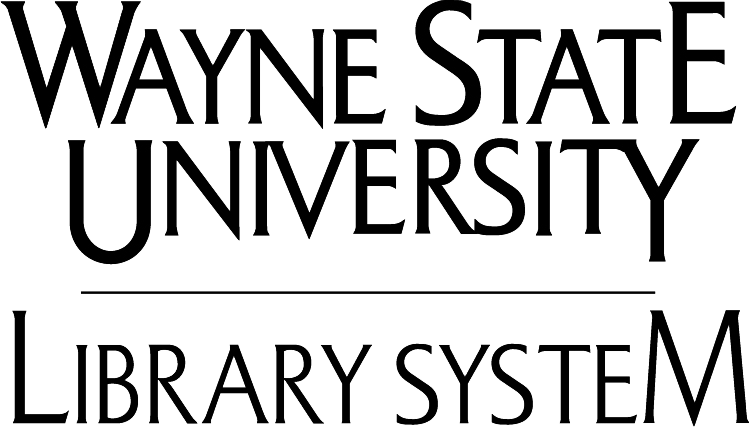Journal of Transportation Management
Abstract
In July of 2012, the President signed into law the bill, “Moving Ahead for Progress in the 21st Century” or MAP21, also known as the Surface Transportation Act. The Act instructs the Secretary of Transportation to promulgate regulations requiring the use of electronic on-board recording devices (EOBRs) to verify hours of service compliance by commercial motor vehicle drivers. The mandate has drawn opposition from many drivers and trade organizations, while simultaneously drawing support from government, union organizations and other trade organizations. Consequently, it appears that the EOBR mandate will continue to be a source of potential conflict for management and commercial motor vehicle drivers in some transportation organizations. This case study analyzes some of the factors involved and proposes recommendations for the mitigation of potential workplace conflict.
Recommended Citation
MacLennan, Helen. (2012). Conflicting perspectives on the government mandate for the use of electronic on-board recording devices in commercial motor vehicles: A case study. Journal of Transportation Management, 23(2), 47-55. doi: 10.22237/jotm/1349049840
DOI
10.22237/jotm/1349049840


